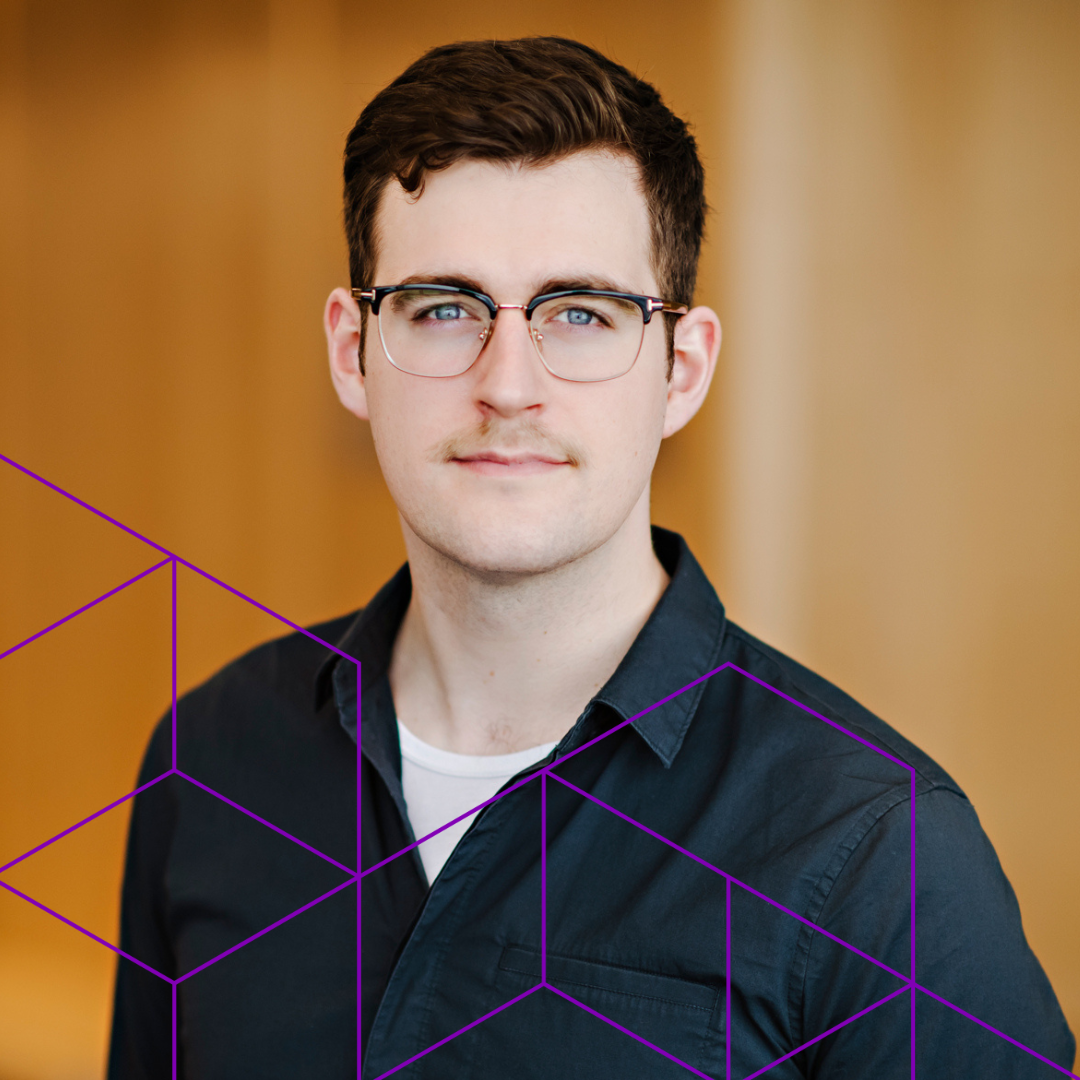Profile

MASc, Electrical and Computer Engineering
Masters NSERC Alexander Graham Bell Scholarship
The techonology of the future: Starting a new journey at Waterloo
Jack first developed an interest in attending Waterloo after rooming with a Waterloo student during one of his co-op work placements. His constant interactions with different Waterloo students, and seeing how academically focused and hardworking they were, was one of his reasons to begin his graduate studies here.
When interviewing prospective professors, Jack really enjoyed his interaction with Michael Reimer, who is now his current supervisor.
“He had many ideas and many projects that I could see as being really influential as the years continued.”
Not only was Jack attracted to the sense of community at Waterloo, but the research he was conducting was unique and only a handful of institutions were doing it across Canada. The Quantum Nanofabrication Center at Waterloo has given Jack the ability to create designs with the equipment available - “that's something that is unrivalled across the country.”
Jack was awarded the NSERC Alexander Graham Bell Scholarship, and soon after began his grad studies journey in Electrical and Computer Engineering at Waterloo.
A combination of experiences
Jack was first introduced to quantum mechanics while working at Triumf, Canada’s National Particle Accelerator Centre, for one of his undergraduate co-op placements. There, he worked on the design of photo detectors and systems that use them. He also worked at the Jeff Dahn Research Lab at Dalhousie University in the Department of Physics and Atmospheric Sciences where he learned about laboratory automation. Lastly, Jack spent time working at Tesla where he was designing peak detection algorithms used in photon or post processing of data.
All of these experiences came together to make his current project, which is performing readout circuits for single photon detectors, specifically nanowire photodetectors.
“Specifically, I'm working on a camera for optical coherence tomography, which is like an ultrasound but with light and trying to integrate that all together into a nice big system.”
If he can make this technology work properly, then there would be a more sensitive OCT camera used to diagnose cancers of the eye. The capabilities of this newfound technology keep Jack passionate about his research.
"You're imaging stuff at a high resolution and you’re really capturing the world in a way that is different, and I think that's kind of uniquely what I'm interested in - is the way in which information from the outside world is captured.”
Life outside of research
To make the most of his graduate studies experience, Jack is involved in several different clubs and associations at Waterloo.
He is currently sitting on both the Board of Governors and the Senate as one of the graduate student representatives. He is the VP social of the Graduate Student Association for the Institute for Quantum Computing, where he was able to meet a group of highly motivated interdisciplinary students whom he not only learned from academically, but also in the matter of self-growth. Jack also volunteers as an outreach speaker for the University to conduct classroom visits and educate younger students about the world of quantum information processing.
When asked how he balances both his research and extracurricular activities, he mentioned how he simply enjoys doing both things.
“I don't think it's too hard to do things that you're enjoying. So, when I'm taking a break, its fun to read-up for the next meeting or prepare for a classroom visit."
My piece of advice for aspiring grad students
As a grad student himself, Jack has faced many challenges and experiences that have shaped his grad studies journey. When reflecting back, Jack stressed the importance of taking advantage of the opportunities and people that present themselves.
“Reach out to professors or students and ask them to share their experience, passions and gain a better understanding of their field of work.”
And lastly, he stressed the importance of trusting yourself and your idea.
“That idea that you think is cool, not so much the technology, not so much the application, but what is that sort of kernel that you want to go for? And then work with that because in essence, that's really what is driving you for your research.”
Remember, grad studies is far from a lonely journey!
“It's really like an apprenticeship in many ways where people walk you through the ideas you have and an aid you in your design process.”